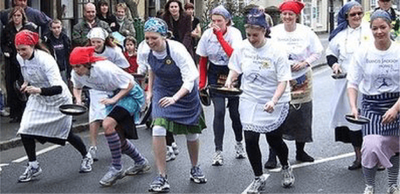|
Why bother? Many items which would normally fill up your trash can, or dustbin, can be used to make great compost. It is not as time consuming as you may imagine. Once you get into the recycling mode it may spread to other parts of your life. Composting means that you can:-
Getting Started Purpose made composters come in all shapes and sizes these days. There are small ones suitable for postage stamp sized gardens or much larger ones. Decide what will work for you. Of course if you have a large garden space you can just start a compost heap. The trouble with these though is that they can attract rats and other vermin. A nicely lidded composter will be much safer. So:-
What you CAN put into a composter
What you CANNOT put into a composter
Hints and Tips
Overall You will get a real buzz when you see what is basically rubbish or trash turned into something beneficial to your garden. Many of your plants will benefit from this rich compost and there is no trekking to the garden centre and paying over the odds for what may be a suspect product. Having your own compost on tap will boost your garden, save you money and help the environment, which these days is the real bonus. Even if you are not really into gardening composting is a great way of disposing of a lot of your waste and the cost is minimal.
0 Comments
Leave a Reply. |
Archives
March 2017
Categories
All
|


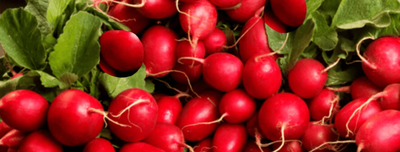
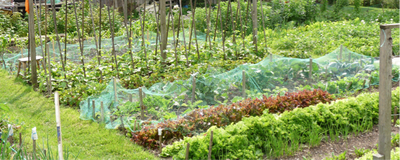
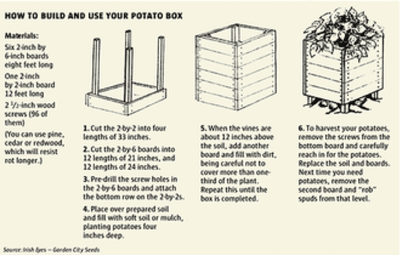
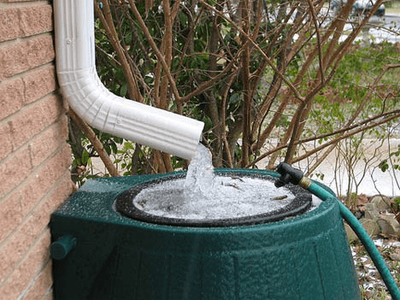

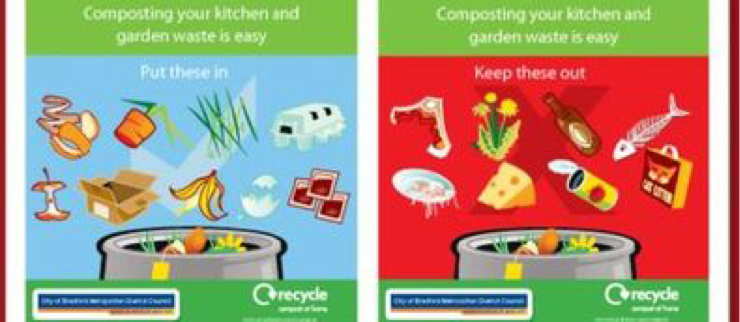
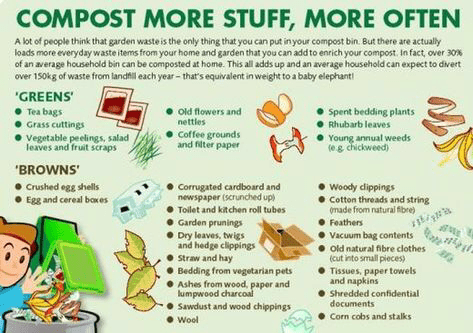
 RSS Feed
RSS Feed

